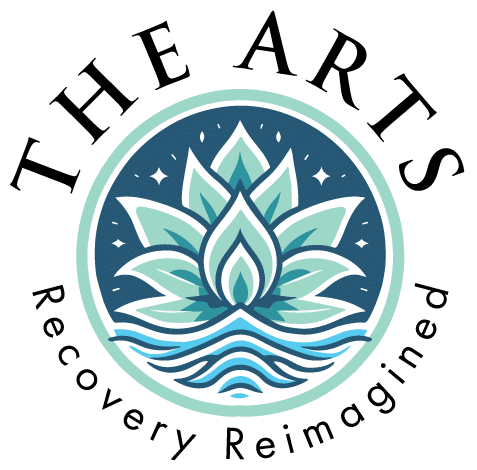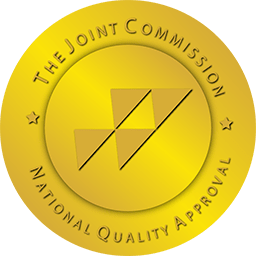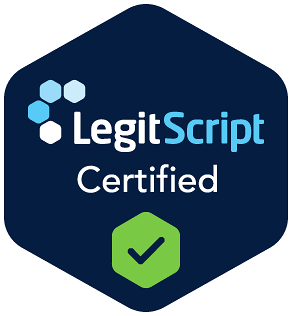As you embark on your journey of overcoming addiction, it’s crucial to understand the role of nutrition in this process. Recognizing the significant influence of nutrition on mental well-being during this period, the ARTS IOP treatment center has developed this guide to nutrition and recovery. It delves into the profound impact of a balanced diet on the body’s healing process, emotional balance, and overall health. From understanding the connection between nutrition and recovery to practical advice for adopting a healthy lifestyle, this manual empowers you as you strive for sobriety and lasting wellness.
Addiction can often lead to poor eating habits and a lack of nutrients. People dealing with addiction may prioritize obtaining and using substances over meeting their dietary needs. This can lead to skipping meals or consuming a diet high in processed foods and low in vital nutrients that help repair the body.
Substance abuse can cause malnutrition by affecting the body’s ability to absorb and use nutrients. For instance, alcohol can hinder the body’s absorption of vitamins and minerals like vitamin B12, thiamine, and folate. Similarly, substances like cocaine or methamphetamine can reduce appetite and disrupt eating patterns, worsening malnutrition.
Recovering from addiction often involves addressing deficiencies, reestablishing healthy eating habits, and managing cravings and changes in appetite.
Additionally, individuals in recovery may face problems or metabolic changes as they adapt to sobriety, necessitating customized assistance for healing and overall well-being.
Nutrition impacts mental well-being and plays a crucial role in the process of healing. Proper nutrition for recovery provides the elements for repairing cells and promoting regeneration, aiding the body in recovering from the effects of addiction. Furthermore, nutrition affects neurotransmitter function and brain chemistry, influencing mood, cognitive function, and emotional stability throughout recovery.
Practical Suggestions for Embracing a Healthy Lifestyle During Recovery
1. Begin by creating a customized meal plan that suits your needs. Seek guidance from a nutrition expert to determine the best approach for your health and well-being. Consider any restrictions, allergies, or preferences to ensure your meals are nourishing and satisfying.
2. Include a variety of foods and ingredients in your daily meals to establish a foundation for healthy eating habits. Add fruits, vegetables, whole grains, lean proteins, and good fats to your diet to provide nutrients and keep you full. Try different cooking techniques and recipes to enhance your meals’ taste and nutritional content while supporting your body’s recovery process.
3. Managing cravings by making smart food choices is crucial for maintaining a healthy lifestyle during recovery. Understand that cravings are expected during this period, and focus on finding healthy options to fulfill them. Make sure to have snacks, like nuts, seeds, fruits, or veggies, to control cravings, and avoid impulsively eating high-calorie, low-nutrient foods. Practice mindful eating by listening to your body’s hunger and fullness signals, and opt for foods that nourish you and promote well-being.
4. Address challenges that may hinder eating habits, such as lack of time or budget constraints, to ensure success in maintaining a nutritious lifestyle. When possible, prep meals in advance to save time and reduce reliance on convenience items. Look into cost-effective choices like buying in bulk, shopping based on seasons, or selecting frozen or canned fruits and vegetables. Prioritize versatile and budget-friendly foods like beans, lentils, whole grains, and affordable protein sources. By proactively addressing these challenges, you can effectively tackle barriers to healthy eating for long-term well-being.
Comprehensive Approaches to Nutrition in Healing
Embracing healthy practices in eating routines can nurture a positive connection with food. Mindful eating entails being fully present during meals, savoring tastes, textures, and scents without passing judgment or getting distracted. By honing mindfulness and tuning into hunger and fullness signals, people can develop self-regulation and contentment with their food choices, resulting in improved eating patterns and overall wellness.
Another way to approach nutritional health is by engaging in activity alongside balanced nutrition, which brings various advantages for individuals on the path to recovery. Physical exercise boosts well-being through improved heart health, strength, and flexibility, and supports mental wellness by alleviating stress and anxiety. Participating in activities like walking, jogging, yoga, or strength exercises can uplift spirits and promote holistic well-being throughout recovery.
Finally, if you are still struggling with nutrition, enlisting the support of nutrition experts like dietitians or healthcare professionals is crucial for crafting a tailored nutrition-for-recovery strategy that meets personal requirements and aspirations. These specialists offer advice, knowledge, and motivation to assist individuals in navigating the intricacies of nutrition during recovery.
By working with a group of experts, people can access a wide range of assistance and tools to improve their dietary well-being and boost their prospects for sustained progress in healing.
Seeking Help for Nutrition for Recovery
Nutrition aids recovery from addiction and promotes overall health and wellness. By addressing nutritional needs and adopting healthy eating habits, individuals in recovery can improve their physical resilience, stabilize their mood, and facilitate healing from the harmful effects of addiction.
For those seeking assistance in improving health and nutrition during addiction recovery, ARTS IOP is a drug rehab in Canoga Park offering Los Angeles substance abuse treatment programs that incorporate nutrition education within a holistic approach. Through compassionate care and evidence-based methods, ARTS IOP enables individuals to regain control over their health and well-being on the path to enduring recovery.Lean on ARTS IOP for support when you need it. Contact our San Fernando Valley treatment center to learn more about our nutrition for recovery programs today.
